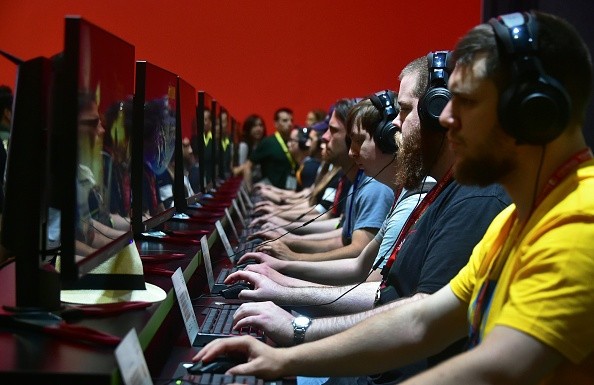A massive percentage of people worldwide have a gaming addiction, and it is now recognized by the World Health Organization as a serious problem among the community. It is not only a "lifestyle" or a way to entertain oneself-but a problem that millions suffer from without knowing that it is an actual case.
PROTECT Therapy held a study for this and used several methods to address this, saying there is a way to solve the problem.
Gaming Addiction is Real for Gamers, and the WHO Acknowledges It

Gaming addiction is real, and the World Health Organization emphasizes it now, especially as people stay more in the house to avoid getting infected by the virus. Not because this is the only form of entertainment available means that it should be overused.
Addiction is still a massive contributor to mental health problems people would suffer from in the long run, and it is something that WHO wants to avoid.
Addressing this means that WHO also warns gamers who are overly dependent on the games, and it is the same as addiction to substances and drugs.
Nevertheless, countless studies aim to address this cognitive behavior in gamers, seeking to answer the problem once and for all.
PROTECT Therapy Aims to Help People Beat Addiction
A cognitive-behavioral therapy (CBT) called "PROTECT" (Professional Use of Technical Media) is a form of treatment that aims to help those suffering from gaming addiction. The study recently published by the researchers said that its control participants of teenagers got the treatment and experienced an intervention to their addiction.
The study aims to help more users via the cognitive intervention that the researchers devised.
Gaming and its Effect on Life
The gaming industry is a massive entertainment part of each person's life, and it is because it is a way to escape boredom, stress, and problems in life. However, putting one's self into an unhealthy behavior can lead to addiction, and it is not something that the public should take lightly for the sake of the mental health and well-being of a person.
WHO classified gaming addiction as a disorder, something that takes a toll on a person's mental health that consumes it on an unhealthy amount each day. Since 2018, experts have addressed the adverse mental health effects of gaming addiction and how it affects a person to become less functional in their real-life outside the experience.
Of course, everything should have balance and order to avoid abuse and overuse of these forms of entertainment readily available for the public. Gaming is a massive part of people's lives since it became more famous since it was first introduced in the early 90s.
People should be wary of this problem as it may affect their lifestyle and personal relationships.
Related Article : Capcom Fans 'Not Impressed' With 'Street Fighter 6' Logo | Here's Why
This article is owned by TechTimes
Written by Isaiah Richard
ⓒ 2026 TECHTIMES.com All rights reserved. Do not reproduce without permission.




